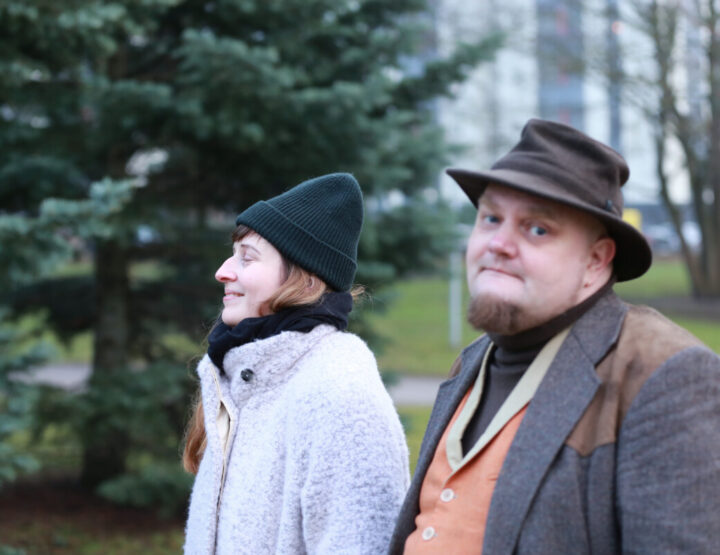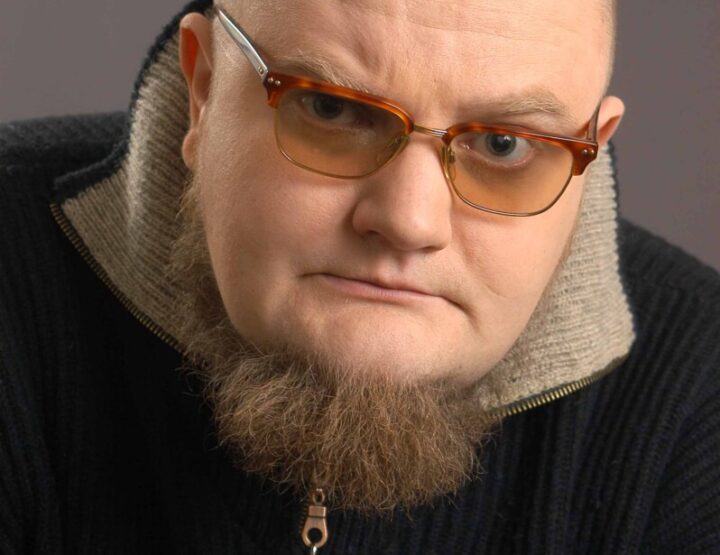4 June – 16 July 2000
1 continent + 100 writers + 43 countries + 98 languages + 44 days + 7000 kilometres by railway + 8 trains + 11 passed countries + 19 cities + cultural festivities + readings + discussions + changing audiences + 3 gauges + 3 time zones + 20 latitudes = a unique literary event of European dimension
The Idea
Sportsmen need a ball, often shoes or a horse; writers work with words. Both can frequently be found travelling on foot: one on the track, the other on the road to language. And Europe is a continent which can hardly be traversed on foot and which has an extraordinary wealth of languages. The passengers on the Literature Express Europe 2000 have accepted the challenges involved in a bold experiment: to explore and experience Europe from a train.
There are 48 states and around 100 languages in Europe. The view from the train shows that languages are treasures, translators are artists, and the cargo on this “freight” train is Europe’s linguistic heritage. Hear the sound!
As it crosses 13 international frontiers this summer, the Literature Express Europe 2000 will unite countries and cultural memories on a poetic trail of discourse.
What constitutes Europe? This is the question the authors on board will be asking themselves. At 19 stops between Lisbon, Moscow and Berlin they will try to provide some answers. The continent has changed and they way borders are perceived has changed with it. What unites us, what divides us, and where is Europe located?
The economies, stock markets and currencies of Europe were placed on the rails long ago and are moving full steam ahead. The other “currency”, literature, often fails to make the journey because it cannot be understood unless it is translated. The poetry, ideas and thoughts of our fellow Europeans are free, and yet they often never make it past the border post. The authors of the Literature Express Europe 2000 will be laying new tracks and establishing new connections, blazing trails of mutual understanding via this literary event of European dimensions. These writers will catch up with it, the “European idea”, and start asking questions. The men and women of letters are back, on the road again with this train as their vehicle.
Train for train they will experience the continent, distributing the fruits of their work to grateful readers and listeners throughout Europe as they play the game: Where is Europe headed?
European Spirit (100 proof)
If three ink people traverse a part of the trinket of a continent called Europe for six weeks, is it actually of any relevance at all to the tottering literature of a nation? None whatsoever, most likely. In the days of the First Republic in the 1920s and 1930s, our writers went on organised trips to France and other countries to have a look around; in the gilt-edged Red days of the Russian occupation, some were packed off as far as Vietnam; and in addition to that, our literary history swarms with all kinds of exiles, amorous escapades, wanderings and aimless meanderings leading nowhere. Simply put – loads of material but never enough text. A situation quite typical in our literature, alas.
So why the hell say anything at all? A good excuse would be the rather peculiar nature of this particular outing. The world has certainly not witnessed anything so crazy as the deportation of writers from all over Europe. And nor has the world witnessed, for example, the spectacle of me spitting on my shoe either, ‘Literaturexpress 2000′ still deserves to be noted and reflected upon. From the Estonians’ point of view, primarily because it is truly only once in a blue moon that we have a chance to perpetuate ourselves in other people’s minds with the help of all our inanities, follies, pranks, knowledge, statements and sediments, and last but not least by virtue of a decent literary text. Ask who you may, our team scored nicely – in both good and bad areas. To be perfectly honest, there were medals too.
So we managed to leave an imprint on the minds of the other participants, and this quite unintentionally, en passant – one could say. What do we remember? This and that. I’m not the guy to start prattling about how Estonian literature is going to significantly change ‘just like that’, become enriched and more European, and God knows what else because of this train. Ugh! I say that something will change, and I sure am glad that I haven’t the foggiest idea what that can be. Read the texts and see for yourself. I can only name places, people, deaths and kisses, recuperations and relapses – we all keep them in our thoughts and in all of us a tiny mushroom is growing – a chanterelle for example – that some time somewhere we are probably going to fry up! To the best of our knowledge and skills. We, the three jolly fellows from Estonia and the other hundred or so killer-hobbits from all over Europe.
Europe is wonderful. It consists of so many wildly dissimilar pieces that all talk about the Union can be seriously considered only within the context of more boring topics – who would be interested in economy, world politics, defence co-operation, monetary union? Only very few. And what is it to me? Let them struggle on manfully, let them do what’s good for the people; the people don’t give a damn about this sort of office stuff anyway. When the office people go about their business, we have more breathing space. The first apparatchik does not sit at a distance of one metre but, say, fifteen. Full speed ahead! Europe is, after all, wonderful, and it is all the more wonderful if unification is not forced down its throat. Unity lies in variety, truly it does. Contrived unification does nothing but jams things apart. Imagine – the Euro-dudes. The writers got the hang of it in six weeks.
And what’s also significant – travelling through Russia and Byelorussia made a lot of people armed with the power of words realise just where the border of Europe actually runs. For that, thanks!
Karl Martin Sinijärv



